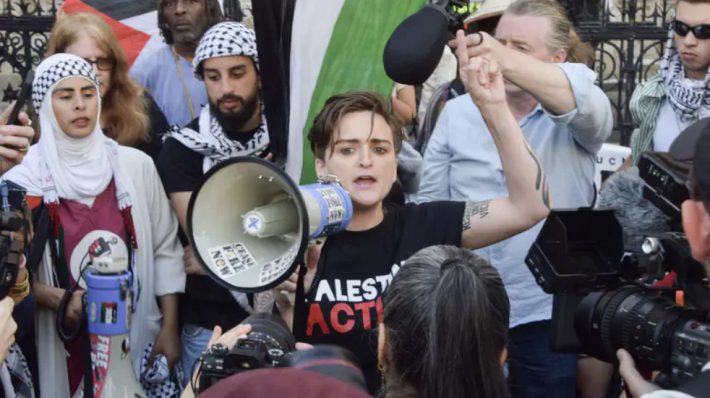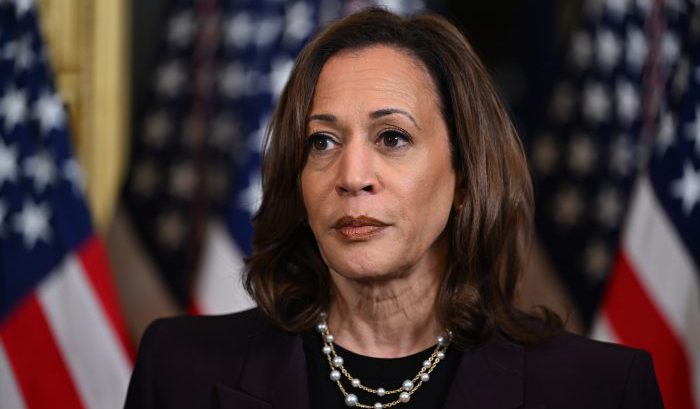Extremist vandals tied to anti-Israel incitement now fight Britain’s terror label as Jewish targets suffer.
A legal showdown erupted in London on Wednesday as lawyers for the extremist pro-Palestinian group Palestine Action, banned by the British government as a terrorist organization, petitioned the High Court to overturn the designation. The group, notorious for violent attacks on property and relentless anti-Israel agitation, is now trying to clear its name after being legally placed in the same category as Hamas and Al-Qaeda.
Representing group co-founder Huda Ammori, attorney Raza Husain blasted the terror designation as “ill-considered” and “authoritarian.” But the UK government stands by its ruling: the group crossed the line from protest to political violence.
The July proscription came after a dramatic breach of a Royal Air Force base in which Palestine Action operatives vandalized two aircraft with red paint, causing £7 million in damage—a level of destruction strikingly similar to tactics used by Hamas sympathizers worldwide. The British Home Office concluded that the group’s pattern of targeted attacks on property, intimidation, and criminal disruption clearly met the threshold under the Terrorism Act 2000.
Since the ban, protests have erupted across London, with activists demanding the terror classification be lifted. But authorities note that more than 2,000 arrests have already been made, including individuals openly holding signs reading “I Support Palestine Action,” now a criminal offense punishable by up to 14 years in prison. Over 130 individuals have been charged under terrorism statutes.
Palestine Action, founded in 2020, claims to fight British “complicity” with Israel—but its record reveals a clear pattern of extremist conduct. Members defaced a portrait of Lord Balfour at Cambridge, slashing the artwork and covering it in red paint. In another incident, activists stole two busts of Israel’s first President, Chaim Weizmann, from Manchester University—a blatant act of anti-Jewish vandalism masquerading as “activism.”
With rising antisemitism across the UK following Hamas’s October 7 massacre, British officials have emphasized that groups crossing into violent intimidation cannot hide behind political slogans. The High Court challenge now tests whether the nation will uphold its firm line against pro-Palestinian radicalism that echoes the tactics and ideology of Hamas.





